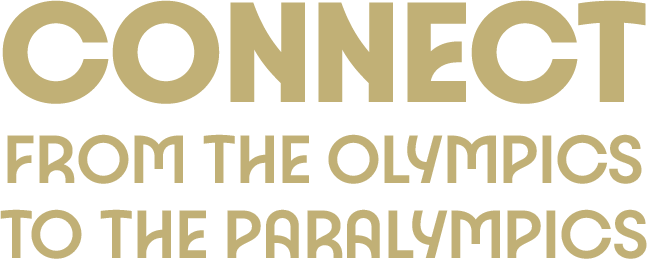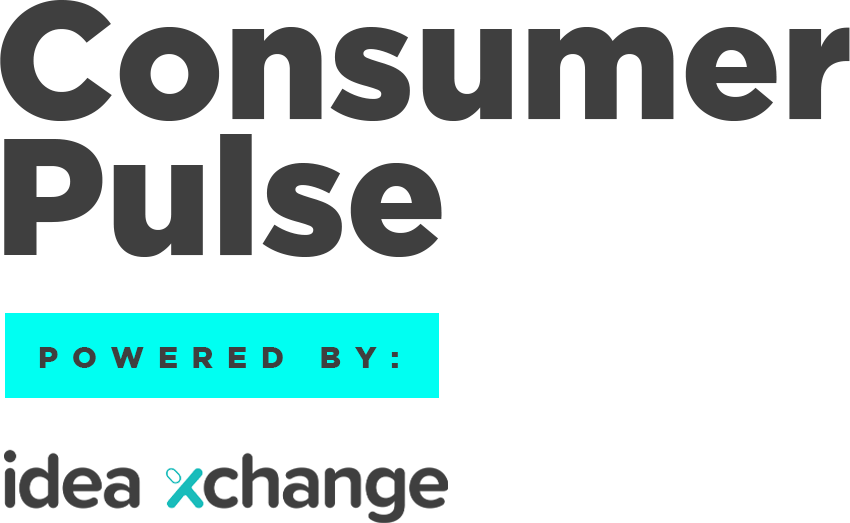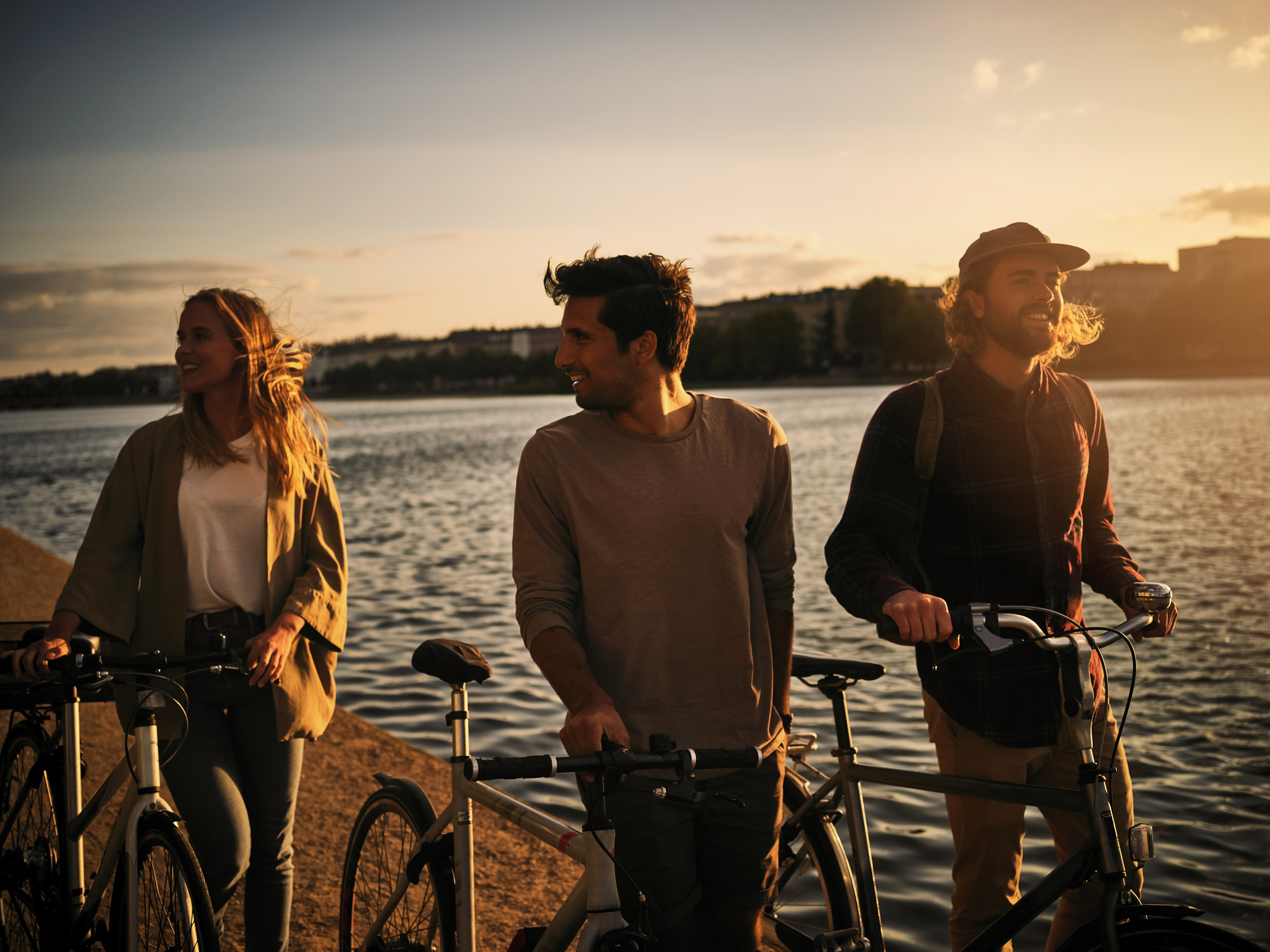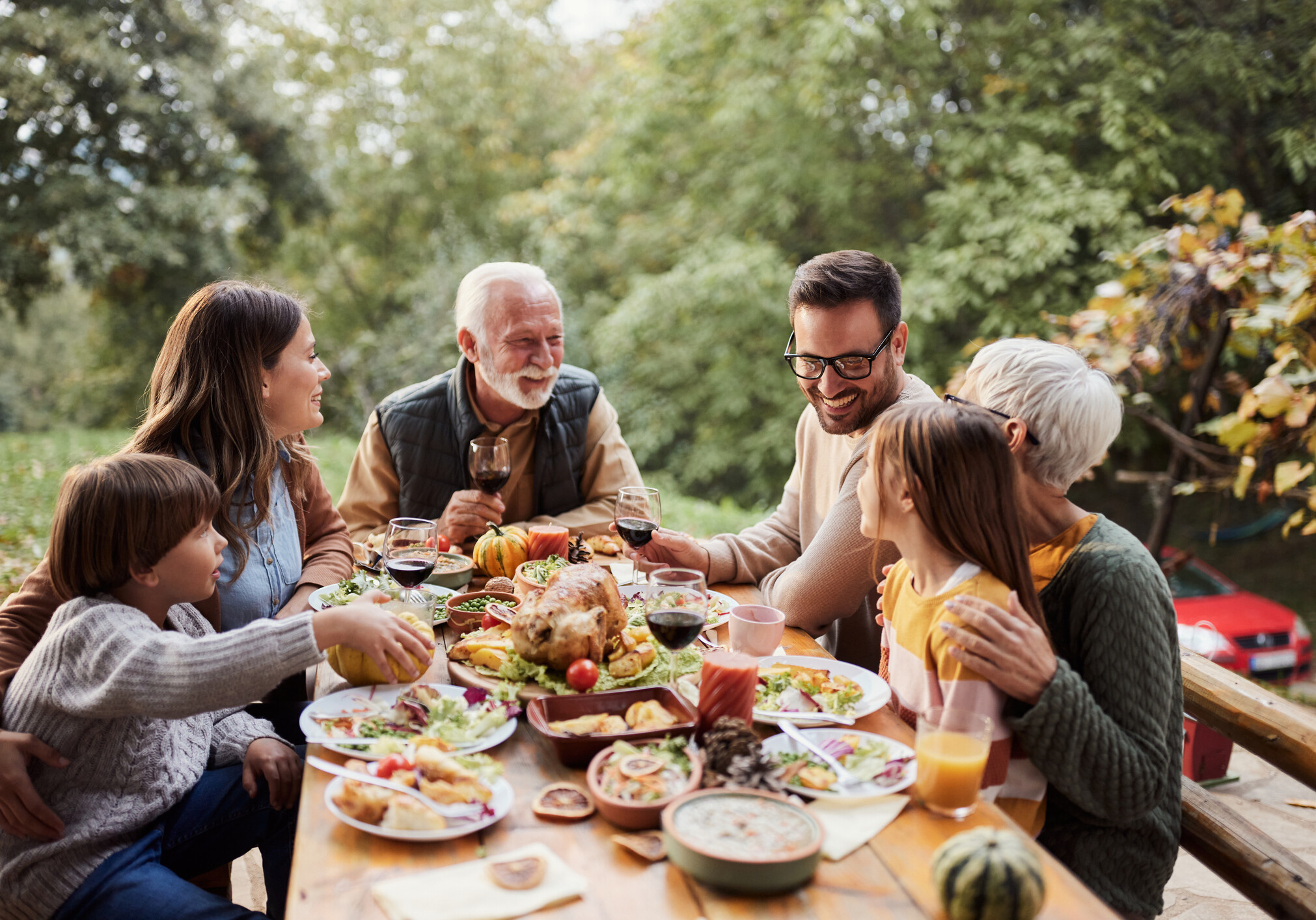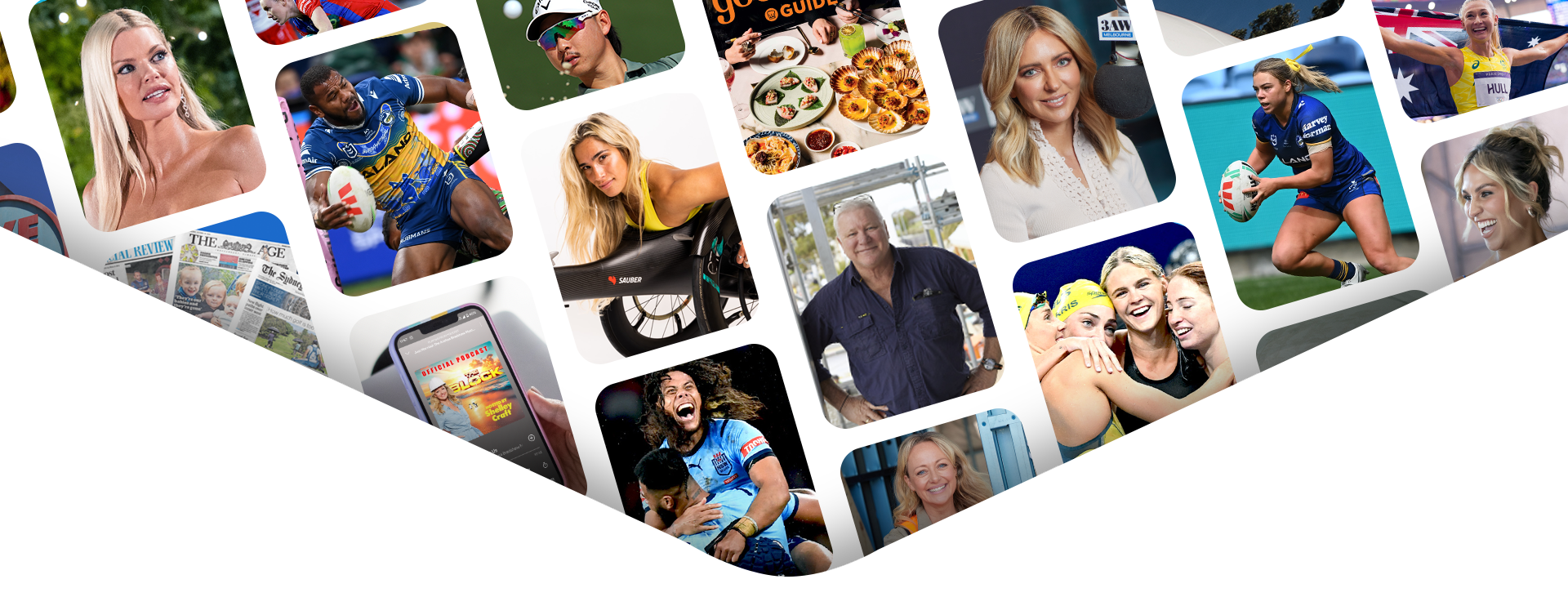
Rethinking Change: The Art of Adaptation in a Digital Age
The Perils of Change and the Art of Simplification in Marketing
In this episode, Liana is joined by Tom Goodwin, Business Transformation Consultant, where we dive into Tom’s thought-provoking perspectives on the nature of change in marketing, the importance of clarity in messaging, and the evolving role of creativity in a technology-driven world.
GUEST SPEAKERS

Rethink innovation
“I think we are kind of addicted to things being scary and new and challenging and existentially threatening”, Tom explains, challenging the status quo in an industry obsessed with innovation for innovation’s sake.
He goes on to highlight how the relentless pursuit of new technologies and strategies can often derail businesses from focusing on what truly matters: delivering real value to customers. While change is frequently celebrated, it can lead to superficial innovations that fail to make a significant impact on the bottom line.
Simplicity is key
In a world overwhelmed by data and digital noise, Tom advocates for the power of simplification. He emphasises that marketers need to cut through the clutter and prioritise clarity in their messaging and strategies. The ability to distill complex ideas into straightforward, customer-centric communications is more critical than ever.
Role of creativity in a tech-driven world
Tom reflects on the challenges faced by modern CMOs, noting that the role is often undervalued within organisations. Despite the central importance of acquiring and retaining customers, CMOs are often required to justify their strategies more rigorously through data rather than focusing on instinct and judgement. This fixation on data often leads to short-term strategies optimised for immediate results, rather than fostering long-term brand growth and customer loyalty.
He argues that the most important aspects of marketing are those that resonate with consumers and are often the hardest to measure. Liana supports his point, adding “measure what you treasure, don’t treasure what you measure”.
Humanity in marketing
As the conversation draws to a close, Tom reflects on the pervasive sense of doom that often surrounds the marketing industry, particularly in light of rapid technological advancements like AI. Despite these challenges, he remains optimistic about the future of marketing, emphasising the enduring importance of creativity and human psychology in the field. He argues that while AI and automation will undoubtedly play a role in shaping the industry, they will primarily serve as tools to enhance, rather than replace, the uniquely human aspects of marketing.
“I think we need to take a step back and be a bit more ambitious and a bit more empathetic about what it is to be a human being today,” Tom states, adding “we have permission to be brilliant”. He encourages rising stars in the industry to remain curious, embrace their creativity, and focus on understanding human behaviours – key skills that will continue to be invaluable, regardless of technological changes.
Have a question or comment about this episode? We'd love to hear from you. Please fill in the form.







